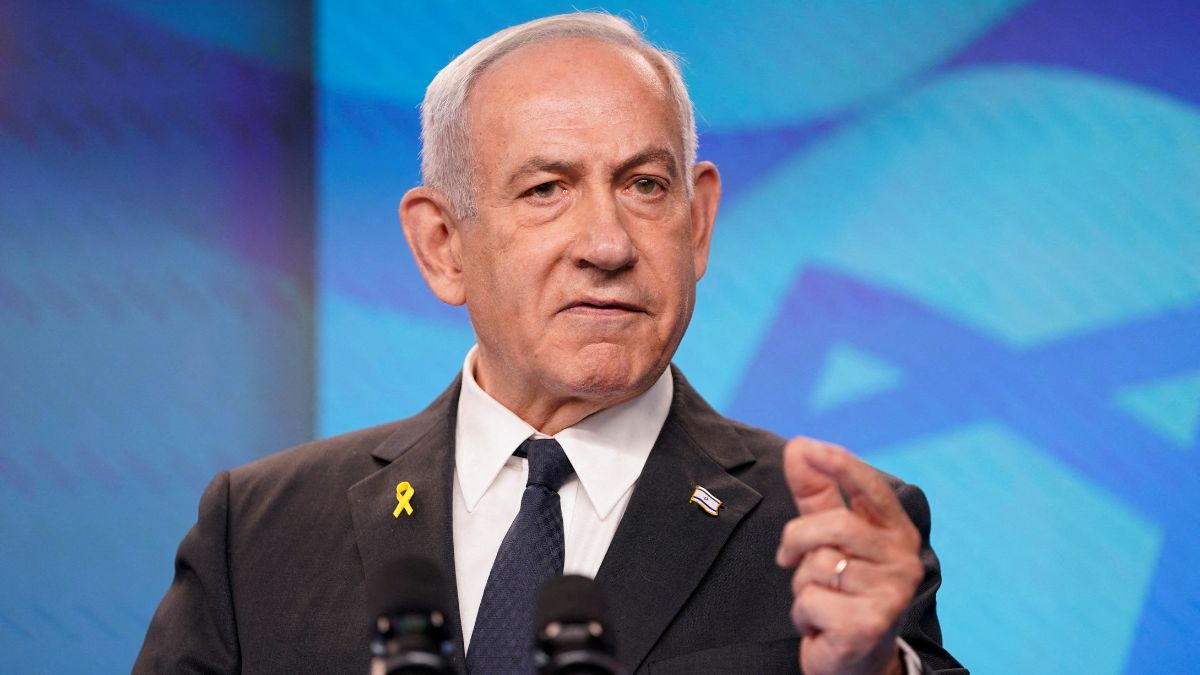)
Iranian Foreign Minister Abbas Araghchi said on Sunday that Tehran is willing to resume nuclear deal talks with the United States, provided they are conducted with ‘dignity and respect’.
Iranian Foreign Minister Abbas Araghchi said on Sunday that Tehran is willing to resume nuclear treaty talks with the United States, provided they are conducted with “dignity and respect.” in an interview with GuardianThe Iranian diplomat said only diplomacy can resolve the continuing tensions between Iran and the West.
He told the British news outlet that there were new requests from intermediaries to restart negotiations with the Trump administration. Araghchi also said that Iran has no undeclared nuclear sites, and that Tehran cannot yet allow the UN nuclear inspectorate to visit bombed nuclear sites for security reasons. Speaking about the Israel-US attacks on three Iranian nuclear facilities, Araghchi said the country emerged stronger militarily and psychologically from the tragedy.
The Iranian foreign minister’s comments came on the sidelines of a security conference in the country’s capital as he reiterated that Tehran has an inalienable right to enrich uranium domestically which it will never give up,” – the primary reason for the impasse in previous talks.
It is worth noting that five rounds of talks between Iran and the United States ended abruptly and acrimoniously on June 12, when Israel, with US support, attacked Iranian nuclear sites in a 12-day war that ended with Donald Trump’s claim that the sites had been destroyed. Subsequently, European countries also exercised their right to withdraw sanctions on the West Asian nation after the expiry of the 2015 JCPOA.
Iran remains optimistic
Iranian officials said they thought they had reached a “magical solution” to the enrichment issue in previous talks, when it was agreed that an Iran-based consortium could enrich uranium with US participation. At the time, both sides claimed victory because domestic enrichment would continue and the US would receive assurances that Iran’s nuclear program was exclusively peaceful.
Iranian officials claimed they had reached agreements three times with Trump’s special envoy Steve Witkoff, but the agreements fell apart due to “disturbances in Washington.” Iran’s hopes for fresh talks were raised when US President Donald Trump said a week ago that he was receiving messages that Tehran wanted to restart talks.
However, Iranian officials say they have yet to receive coherent proposals directly from Washington or from key regional mediators such as Qatar, Egypt, Oman and Saudi Arabia. Meanwhile, the Iranian Foreign Ministry has been accused of inaction in the face of Trump’s apparently smooth approach, but Tehran says diplomacy is not part of posturing.
In his speech at the Sunday forum, Araghchi said the 12-day war showed that the conflict cannot be ended by military means. He said the attacks began with a US demand for Iran’s unconditional surrender and ended with an unconditional call for a ceasefire.
Araghchi said in his address, “It was not Iran that ran away from diplomacy; it was the US and Western countries that always tried to impose their will during negotiations. Diplomacy may still be alive and remains the ultimate solution to resolve disputes, but its norms, rules and principles must be followed.”
“If they talk to the Iranian people in the language of dignity and respect, they will get a response in the same language,” he said. The Iranian Foreign Minister said he was confident that Tehran’s defense capabilities “are much stronger than before June 13 or 14 this year. All our capabilities have been restored. We have learned many lessons from this war; we have discovered our weaknesses and the weaknesses of the enemy.”
He said, “We successfully overcame this war. Our nuclear technology, which they wanted to destroy, remains in place. If the facilities and equipment are destroyed, they will be rebuilt; the important thing is the will of the Iranian people and then national solidarity, which they targeted but failed to break. In the face of this invasion the Iranian people have become stronger, more united and more supportive of the government and the state.”
end of article

)
)
)